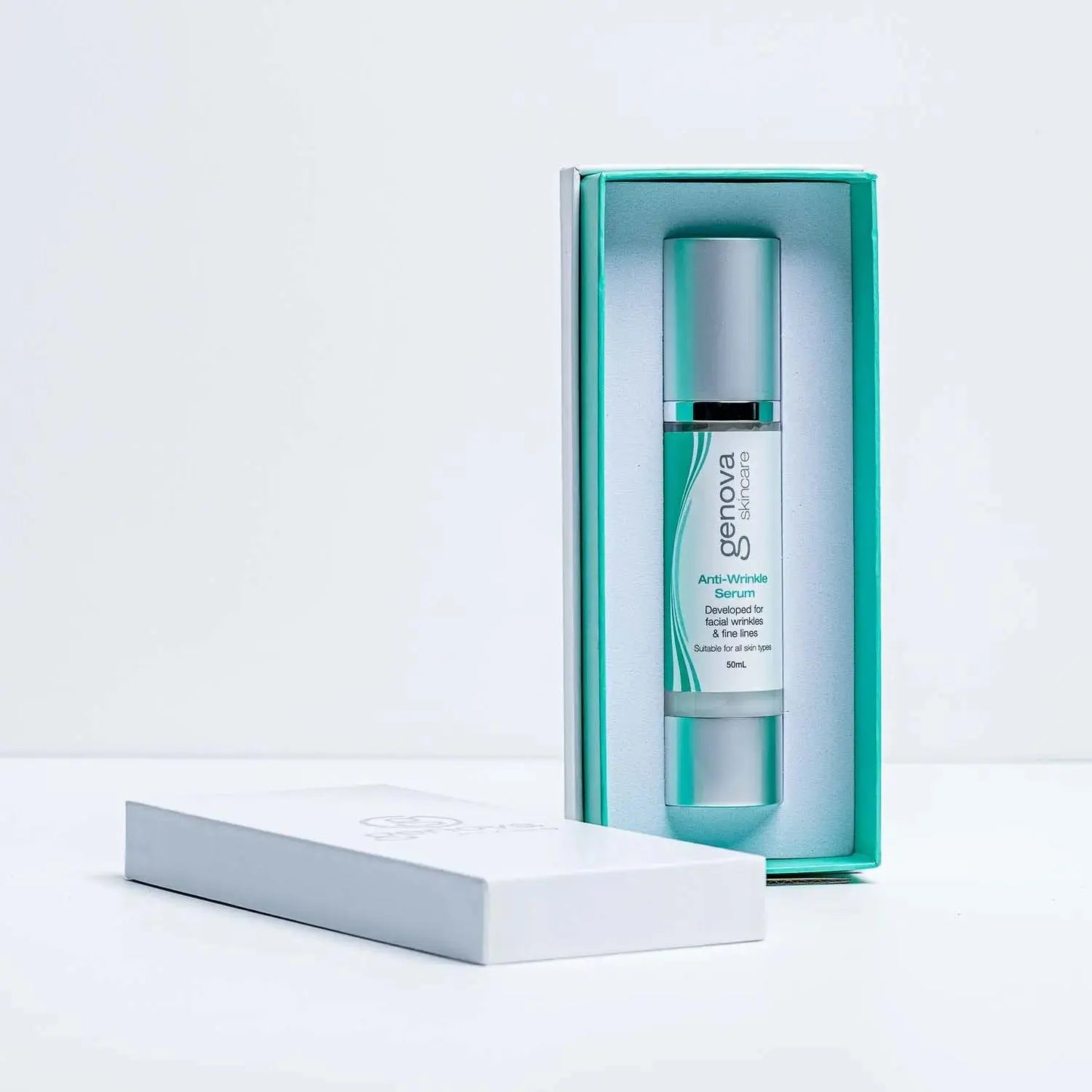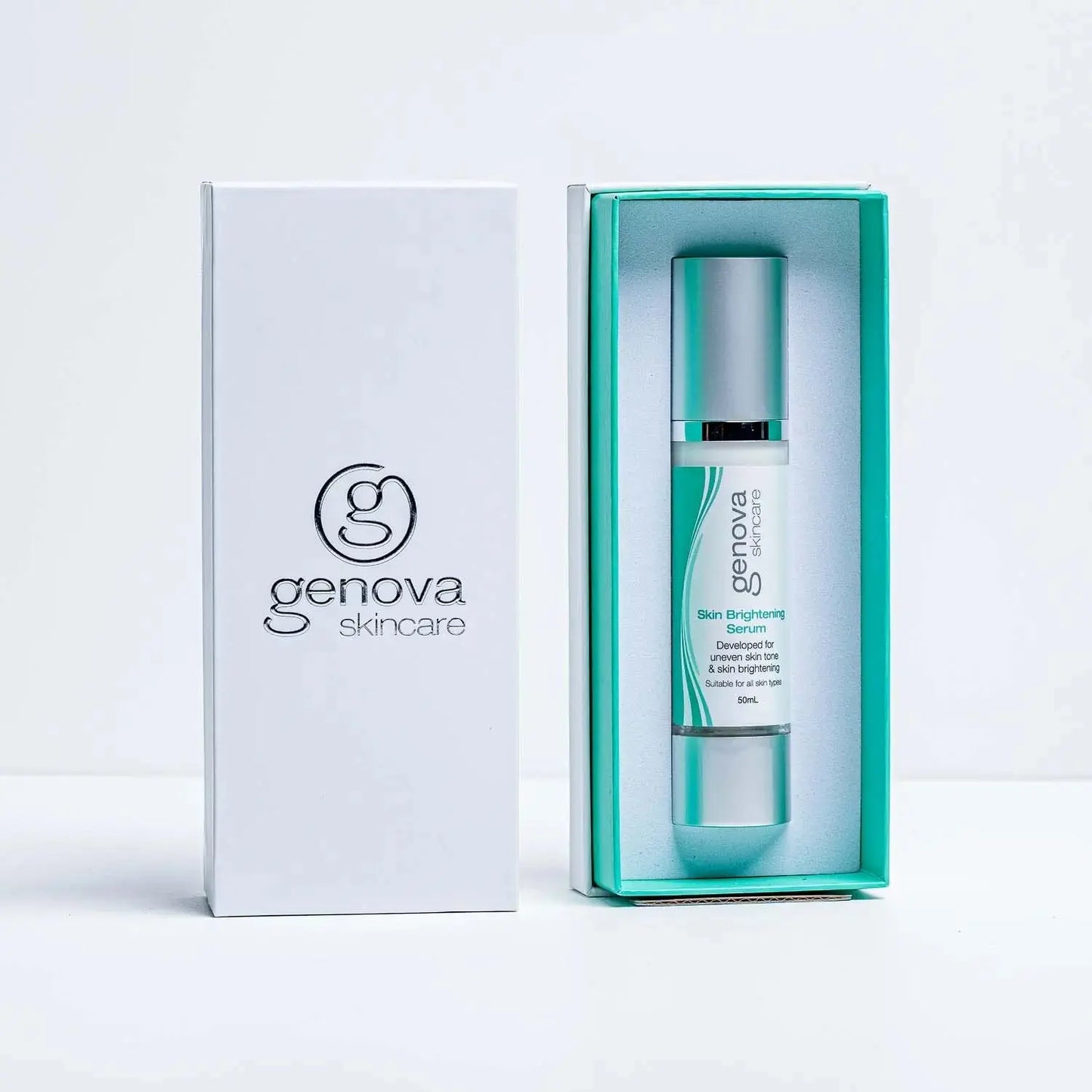The Science Behind Probiotics: Your Secret Weapon Against Menopausal Skin Changes
Introduction
As estrogen levels decline during the menopausal transition, many women notice increased skin dryness, thinning, sagging, and inflammation. While topical skincare products are essential, the role of probiotics—beneficial bacteria that support gut health—may be your unexpected ally in combating these menopausal skin changes.
The Gut-Skin Axis: More Connected Than You Think
The connection between your digestive system and skin is more profound than previously understood. Scientists now refer to this relationship as the “gut-skin axis,” recognising that the health of your microbiome (the community of microorganisms in your gut) directly impacts your skin’s appearance and function.
This connection becomes even more significant during menopause. Hormonal fluctuations affect not only your skin but also the composition of your gut microbiome. The resulting imbalance can manifest as various skin issues that many women find frustrating and challenging to address with conventional skincare alone.

How Menopause Affects Your Gut and Skin
When menopause begins, several changes co-occur:
- Declining estrogen levels affect collagen production, leading to thinner, less elastic skin
- Digestive function often slows, altering the gut microbiome balance
- Inflammation markers typically increase throughout the body
- The skin’s barrier function frequently becomes compromised
These changes create a perfect storm for skin concerns, with your gut health playing a crucial role in either exacerbating or alleviating these issues.
Probiotics: The Scientific Evidence for Menopausal Skin
Recent research has revealed several mechanisms through which probiotics may benefit menopausal skin:
1. Inflammation Reduction
Probiotics help regulate the immune system’s response, potentially reducing the systemic inflammation contributing to skin redness, sensitivity, and accelerated aging during menopause.
A 2022 study published in the Journal of Dermatological Science found that women supplemented with specific probiotic strains showed measurable reductions in skin inflammation markers compared to those taking placebos.
2. Barrier Function Improvement
The skin barrier becomes compromised during menopause, increasing dryness and sensitivity. Certain probiotic strains help strengthen this barrier from within by promoting balanced immune responses and supporting cellular function.
3. Collagen Production Support
Some beneficial bacteria produce short-chain fatty acids that may help maintain collagen integrity. This is crucial during menopause, when collagen production declines by up to 30%.

Which Probiotic Strains Benefit Menopausal Skin?
Not all probiotics are created equal when it comes to skin benefits. Research suggests these specific strains may offer the most significant benefits for menopausal skin concerns:
- Lactobacillus rhamnosus GG: Shown to help maintain skin elasticity
- Lactobacillus plantarum: May reduce skin sensitivity and redness
- Bifidobacterium longum: Associated with improved skin hydration
- Lactobacillus acidophilus: Helps balance the gut environment, potentially reducing inflammatory skin conditions
Incorporating Probiotics Into Your Menopausal Skincare Routine
Through Diet
Fermented foods naturally rich in probiotics include:
- Yoghurt with live active cultures
- Kefir
- Kimchi
- Sauerkraut
- Kombucha
Through Supplements
When choosing probiotic supplements, consider:
- Multiple strains rather than single-strain formulations
- At least 10-15 billion CFUs (colony-forming units)
- Products with demonstrated viability (ability to reach the gut alive)
- Formulations explicitly targeting women’s health needs
Through Topical Applications
Emerging research suggests that topical probiotics may complement internal supplementation by:
- Creating a protective “shield” against harmful bacteria on the skin’s surface
- Helping restore balanced skin pH
- Potentially reducing redness and irritation associated with menopausal skin

Synergistic Approach: A Comprehensive Skincare Strategy
For optimal results, consider a comprehensive approach that combines:
- Internal probiotic supplementation to address the gut-skin connection
- Targeted topical products with ingredients specifically formulated to address menopausal skin concerns
- Lifestyle factors that support both gut and skin health, such as adequate hydration and stress management
A high-quality serum with powerful antioxidants perfectly harmonises with a probiotic-rich diet to defend your skin against the oxidative stress that increases during menopause.
The Timeframe: When to Expect Results
Patience is key when incorporating probiotics into your menopausal skincare strategy:
- Gut microbiome changes may begin within days of starting probiotics
- Visible skin improvements typically emerge after 4-8 weeks of consistent use
- More significant structural changes to skin quality may take 3-6 months
Conclusion: A Holistic Approach to Menopausal Skin
The science is increasingly clear: addressing menopausal skin changes requires looking beyond topical treatments alone. By understanding and harnessing the gut-skin connection through probiotics, you’re taking a scientifically supported approach to managing the skin changes accompanying this natural life transition. This knowledge empowers you, giving you the confidence to take control of your skin’s health.
Supporting your skin through the menopausal transition means adopting evidence-based strategies that address beauty from both inside and out. While premium skincare products target your skin’s external needs, incorporating probiotics may be the internal complement that helps you achieve genuinely radiant skin throughout menopause and beyond.

Your Next Steps
Ready to explore how probiotics might transform your menopausal skin? Consider:
- Speaking with your healthcare provider about appropriate probiotic supplementation
- Gradually incorporating fermented foods into your daily diet
- Pairing your probiotic approach with quality skincare products specifically formulated for mature skin
What’s your experience with gut health and skin changes during menopause? We’d love to hear your story and answer any questions you might have about this fascinating connection. Sharing your experiences can help others going through similar changes, and it’s a great way to feel part of a supportive community.








